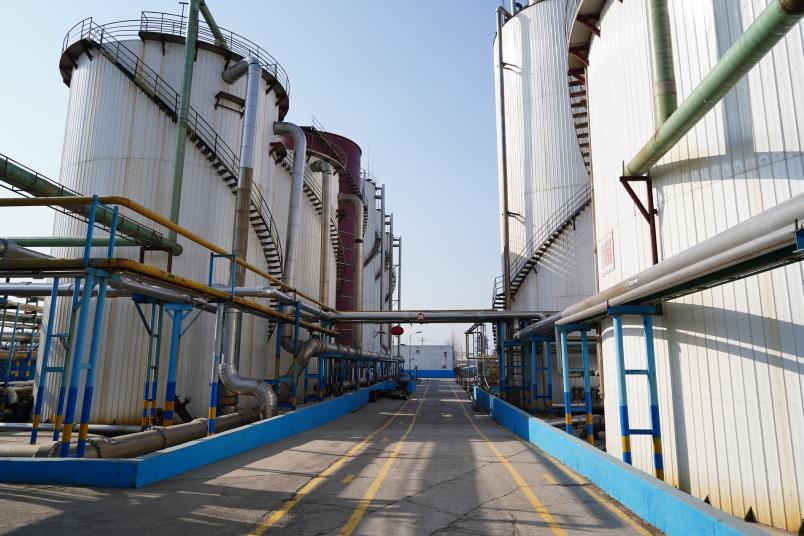
Psychology
How to keep knowledge alive for emergencies
In many industrial plants, all processes are automated. In case of a malfunction, it is important that employees have the necessary skills at their fingertips.
Typically, automation makes everyday work easier for industrial employees. However, when a system malfunctions, it is important that rarely used skills can be applied instantly. A team headed by Marina Klostermann has investigated how to prevent knowledge and skills that were learned long ago and are rarely used from getting rusty. In collaboration with the Federal Institute for Vocational Education and Training, the Work, Organizational and Business psychologists from Ruhr-Universität Bochum (RUB) headed by Professor Annette Kluge evaluated 58 studies. They’ve derived tips for learning new skills and for interventions for retaining skills. Their study was published in the journal “Safety” on 28 March 2022.
Studies from over 45 years
We all know that knowledge that has not been used for a long time gets rusty. Employees in industrial companies are no different. In the case of complex industrial processes in high-risk industries, however, the consequences can be catastrophic – imagine, for example, a chemical plant in which there is a malfunction. A situation can quickly become critical if a single thing goes wrong. “We wanted to understand what is important to ensure that employees can call on their skills and apply them to new situations, even under time pressure,” says Marina Klostermann. To this end, she and her team conducted a multidisciplinary systematic review of 58 studies from 1972 to 2019.
Whether and how quickly knowledge fades away depends on various factors. For example, how complex is the process involved? Is a task new or has it just not been performed for a long time? Equally significant is the way in which the knowledge was learned. “We found that feedback, brain stimulation and tools such as so-called gaze-guiding – a tool to help learners focus their attention on relevant system information – help in learning and retaining a complex cognitive skill during initial training,” explains Marina Klostermann. The learners themselves also play a role in the process. Their overall cognitive abilities are a relevant factor, as well as their motivation and experience. “The more pronounced these factors were, the more likely it is that competences will be retained over a long period of time and can be transferred to new situations,” Marina Klostermann summarizes.
Even minor refresher interventions have an impact
Many industrial companies address the potential loss of their employees’ competences with refresher courses. “Even minor interventions that are not very elaborate can be very helpful,” says Marina Klostermann. Refreshing through observation, for example by watching a video, can recall skills and help employees to apply this knowledge to new situations. Employees with less experience benefit more from practical exercises than from purely cognitive repetition. “When designing a refresher course, keep in mind the person for whom you are planning that course,” concludes Marina Klostermann. “Their learning stage and preferences affect how successful it will be.”